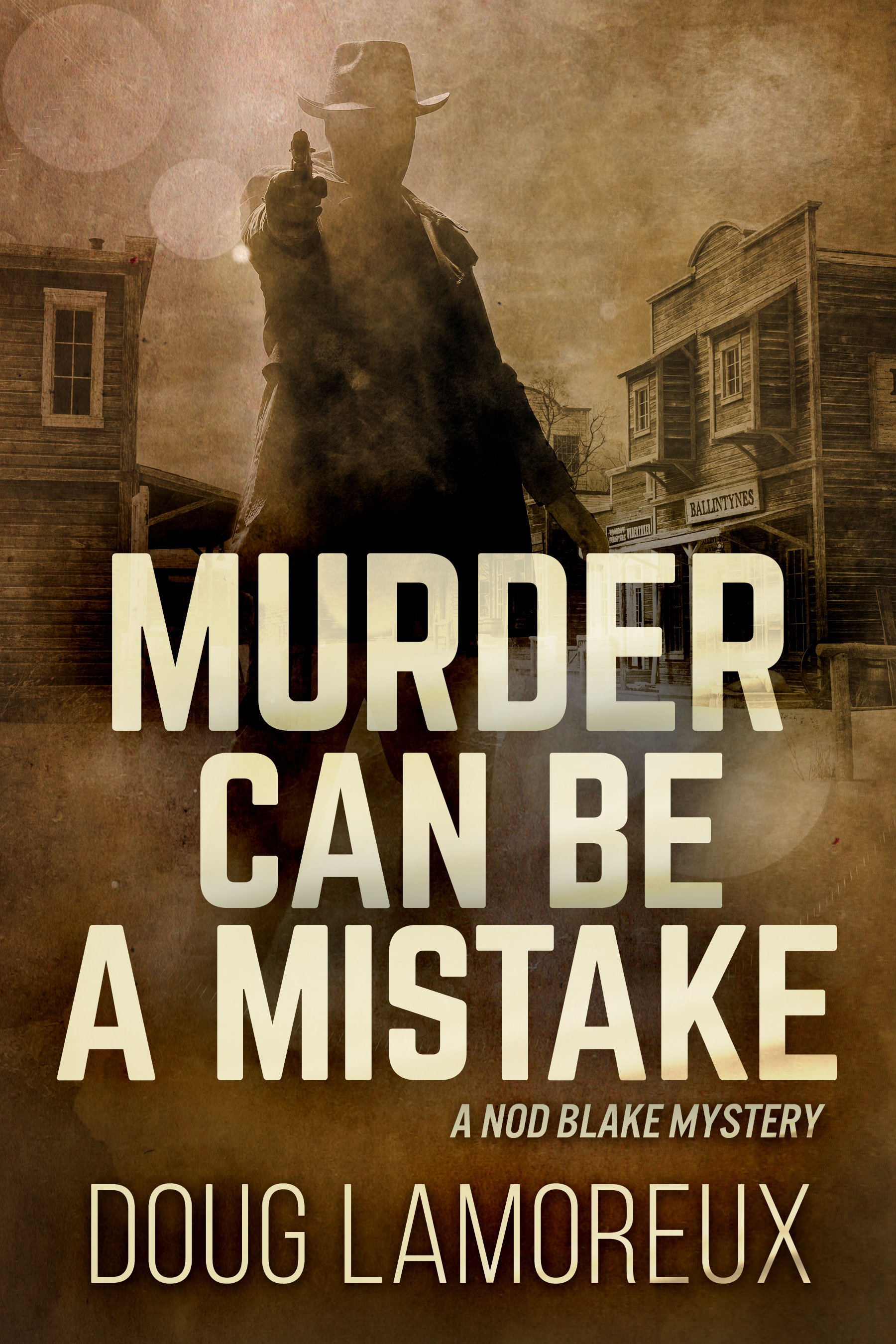An Amalgam of Minds
Book summary
Michael, burdened by past relationships, finds new purpose as he navigates the legal world, but an unexpected court case connects him with Ella, a rising solicitor. Their bond grows amid careers and heartache, while other characters confront their own struggles, revealing that love and loyalty often arise in unexpected ways.
Excerpt from An Amalgam of Minds
CHAPTER ONE
Michael pulled off the main road and drove slowly through the imposing, black, wrought-iron gates to the cemetery and crematorium that served the North Staffordshire city of his birth. He had not, however, lived there since leaving for the University of Nottingham. The two places could not have been more different. He returned infrequently to visit his parents and, out of duty, to attend family funerals, of which this was one today.
The narrow driveway swept through row after row of headstones and flower beds, devoid of blooms or floral tributes on this damp, overcast October morning, to then rise towards the crematorium’s yellow brick buildings set into higher ground. The location chosen by its architects was not random as it stood proudly commanding the burial plots below. Michael entered the parking area and switched off the engine. Groups of mourners from a previous service were chatting before reclaiming their cars and departing: one lot in, one lot out, an efficient conveyor-belt system that required meticulous timing. Glancing at his watch, he had half an hour to wait. He lowered the window, lit a cigarette, and blew the smoke out into the cold afternoon air. Heads from a couple of nearby visitors turned and made admonitory tutting noises in his direction, for him to realise that the happy tune blaring from the car’s music system was extremely inappropriate. He returned their scowls and switched it off.
‘Miserable sorts!’ he decided. ‘A smile wouldn’t go amiss.’ But they all shortly drove away, leaving only him and two other vehicles that he presumed were there to attend the same funeral as he – although he didn’t recognise their occupants.
It wasn’t long past midday but gathering storm clouds darkened the sky, creating a suitably gloomy atmosphere. After another cigarette, it was time to make a move so he got out of his car, locked the doors with a press of the key and walked reluctantly up the path that led to the crematorium. For some minutes he stood alone under the pergola that protected the tall entrance doors from the elements. Low organ playing wafted from inside the chapel.
‘Why is it that it’s always Bach’s Jesu, Joy of Man’s Desiring? Don’t they know anything else? It really bugs me.’
A sudden icy squall blasted through the waiting area and he pulled up the collar of his overcoat with a brrr as he looked left and right, but still he was on his own.
‘I hope I’ve not got the wrong day, coming all this way – I’ll be damned! I’m only doing it for Mother and Father.’
He had the correct day, confirmed by the arrival of a woman in her sixties who he at once recognised as their long-time neighbour. She approached him and, dewy-eyed, squeezed his arm.
“Hello, Hazel.”
“Hello, Michael, I’m sorry for your loss.”
He merely nodded. ‘My loss?’ he muttered to himself. ‘What an inane thing to say! She’s far from being my loss – even though I suppose everybody comes out with that expression. And what does it really mean? It’s only – here I am, please notice that I’ve taken the trouble to turn up – it makes them feel more at ease, taking the moral high ground.’
The she in question was Melanie, Michael’s sister and the youngest of his siblings by some ten years. He maintained, privately, that she had happened by chance rather than intention. On the other hand, he understood that, after three boys, his parents desperately yearned for a girl. They got their wish, although she was anything but a blessing.
His mother had phoned him with the news and she had sounded collected – given the sensitive, caring person that she was – and answered his anticipated questions.
“How and when?” he asked her with more than a little resignation in his voice.
“She’d told us she was going on holiday with friends for a fortnight. I didn’t try to dissuade her, Michael, it would be respite for me and, in particular, for your poor father. He’s not in the best of health nowadays and the stress that she—”
The pause told him, as it always was, that she would never criticize her daughter. He sensed that she was taking some deep breaths before resuming,
“A neighbour heard her dog barking in the yard, as if it was distressed. She knew that Melanie thought the world of that animal.”
“Far more than she did of you and Father,” Michael couldn’t resist.
“Anyway, she suspected that something was wrong, and when she got no answer at the door, she forced the door and found her lying on the floor. There were empty vodka bottles and packets of, what are they, Diazepam. She got them from her doctor, but I know there was a ready supply from the people she mixed with.”
“Not surprising then – it’s not a good cocktail, tablets and booze.”
“No,” Mother cut in, “but it is what it is. Nothing more to be done. The police wouldn’t let me in her house until the…the body had been taken away. You see, it was in a bad state after six or seven days.”
He could hear her gently sobbing, for some time. So, he extracted a few more items from her before ending the call. He was the last person to offer sympathy for his late sister.
Half a dozen men and women of about Melanie’s age arrived – her friends, he guessed – and, one after another, shook his hand and blurted out the unavoidable ‘Sorry for your loss.’
I don’t know why they’re so bloody sad. They contributed to it, supplying, encouraging and partaking, if I’m any judge of character, and he was.
The wind picked up and steady rainfall bounced noisily off the corrugated plastic roof, like shots from a machine gun. The hearse and following car arrived and the funeral director’s men lowered the coffin ceremoniously onto the bier and wheeled it into the chapel. Mother, Father and his brothers – Peter and Neil, with their wives – got out of two immaculate black Daimlers to be ushered by an official-looking woman in a smart respectfully dark suit, to position themselves in the doorway where Michael joined them. Inside, the woman waited until the coffin had been placed on the platform framed by sinister purple curtains then nodded for them to enter and sit on the front pew with the friends and neighbour, Hazel, taking up the second.
Michael caught his mother’s eye and gave her what he hoped was an encouraging half-smile that she duly returned; Father bowed his head with palpable anguish. The proceedings began when a youngish man in a clerical shirt and white tab-collar appeared and stood behind the lectern. One of Neil’s Bible group cronies, Michael decided dismissively. Apart from his parents and a limited circle of friends, he had some difficulty relating to many other people he came across.
“We will begin with the first hymn on your order of service sheets – ‘The Lord’s My Shepherd’.” The organist played the introduction, and the assembled mourners sang with as much enthusiasm as the occasion merited: small voices echoing around the all-but-empty place. The minister then invited them all to be seated.
“We come together, today, not with sadness but—”
Quite right! I don’t feel one ounce of sadness or sympathy. She was her own worst enemy. The coroner pronounced ‘death by natural causes, hastened by alcohol and drug overdose’, or something similar. And, oh, we shouldn’t forget that she weighed over eighteen stones, so nothing was in her favour.’ The thoughts swirled around Michael’s head, and he paid little attention to the contrived eulogy that Neil had composed, he wagered, and that was being recited verbatim and heartlessly.
Michael turned round and, as he expected, the only mourners, apart from his family, were the women he had seen outside and the neighbour, Hazel. Only what I thought – shows how popular she was, he considered. The service passed by in a flash; as far as he was concerned, he was attending only out of deference to his parents. As such, he took no conscious part in the affair. The purple curtains closed eerily in front of the coffin and they filed out of the chapel, mechanically shaking hands with the minister. Why thank somebody for simply doing their job, he reasoned, and he headed straight for his car while the others went to admire the floral tributes – of which there weren’t many.
Back at the family home, a five-bedroomed Victorian residence, Michael went to the drinks cabinet for his father’s ample store of single malt whiskies and filled a cut-glass tumbler with his tipple of choice, one to which he was unapologetically addicted.
Turning to Father, who was ensconced in his favourite armchair, puffing on his pipe, he asked “You’ll have one, won’t you? It’s been hard for you, that I know.”
“Yes, please, I will. And I’m not sure how I feel,” came the soft reply, “but it’s over now. Say what you like, but she was our flesh and blood.”
“Can’t argue with that, but I’m so relieved for you and Mother. You had to endure so much with her outrageous behaviour – swearing, drinking, fighting, drugs, the police called out, and although I’ve not been around to witness it first-hand, Peter and Neil have kept me informed. No parents should be subjected to the pain she inflicted on you, she—” His polemic was interrupted by Peter who had eavesdropped,
“Hey, Michael, leave it out. Today’s not the right time or place to stir it all up again!”
“Stir it up? Well, I think it’s exactly right! Nobody faced up to her and that’s what the problem was.” He noticed Father’s lowered head and averted gaze, so he took a draught of whisky and left the room. His father was a shy man who had, paradoxically, propagated two outspoken, blunt sons and one who was more reserved. His parents, informed by the headmaster of his school who had assessed their boy as university material who could have progressed to become a solicitor or even a doctor – gave him the choice but, instead, he only wanted to join his uncle’s wholesale pottery company. He was the brains behind developing and organising the business and, despite his success, he remained a humble man.

















Praesent id libero id metus varius consectetur ac eget diam. Nulla felis nunc, consequat laoreet lacus id.